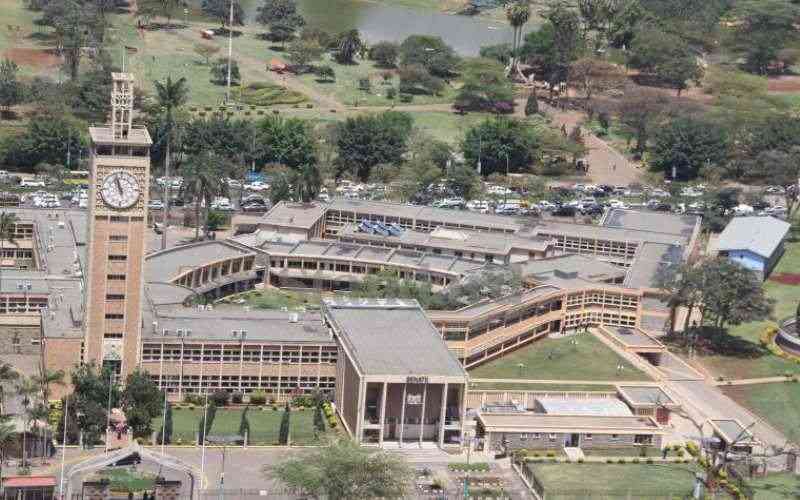
MPs are sparing no effort to keep the stranglehold of the National Government-Constituency Development Fund (NG-CDF). The fund enables them to control resources outside their constitutional mandate of legislation, representation and oversight.
So dear is the fund to them that despite denying any involvement in its management, apart from being patrons, they want it anchored in the Constitution. This is despite the fact that 22 attempts to amend the Constitution have failed since 2010, excluding the controversial Building Bridges Initiative.